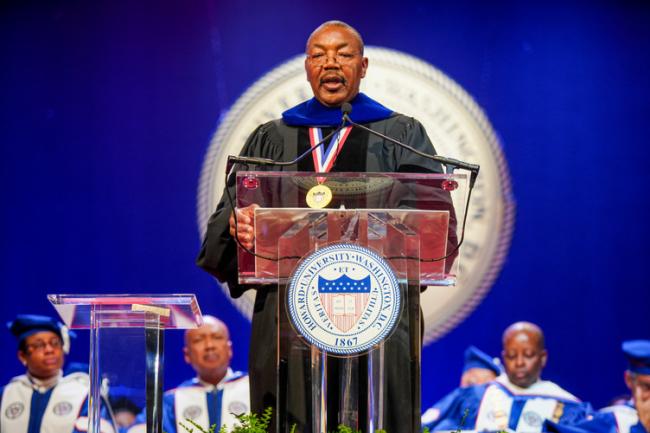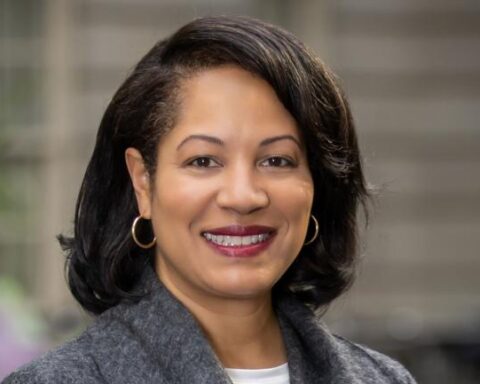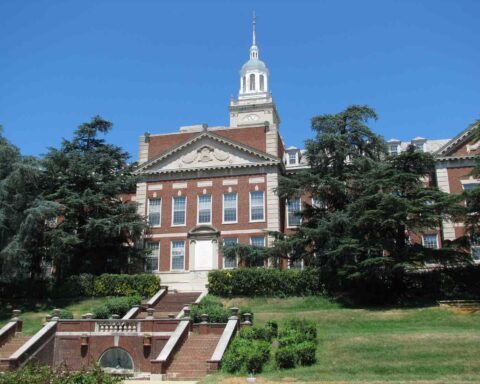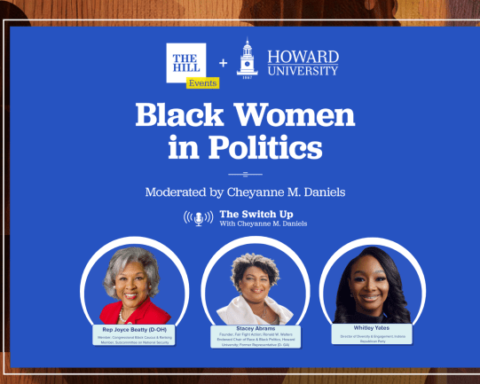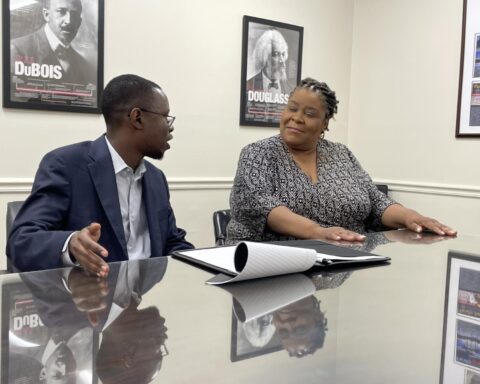By Sholnn Z. Freeman
Gregory L. Robinson, Howard alumnus and the senior NASA official widely praised for steering the successful launch of James Webb Telescope, addressed Howard University as the 156th Charter Day Convocation orator.
Each year, the founding of Howard University is celebrated through the annual Charter Day Convocation and Charter Day Dinner on Saturday. The traditional black-tie gala recognizes honorees for their contributions to Howard and the wider national and international communities. In his remarks, Robinson analogized Howard University’s founding in 1867 to “the first leg of a long relay race.”
“There was no running start,” Robinson said, referring to Howard’s early student body of newly freed slaves. “Those 150,000 people educated by Howard in the first five years had no running start. The people they were trying to catch up with were already gone because they had a running start for many, many years.”

